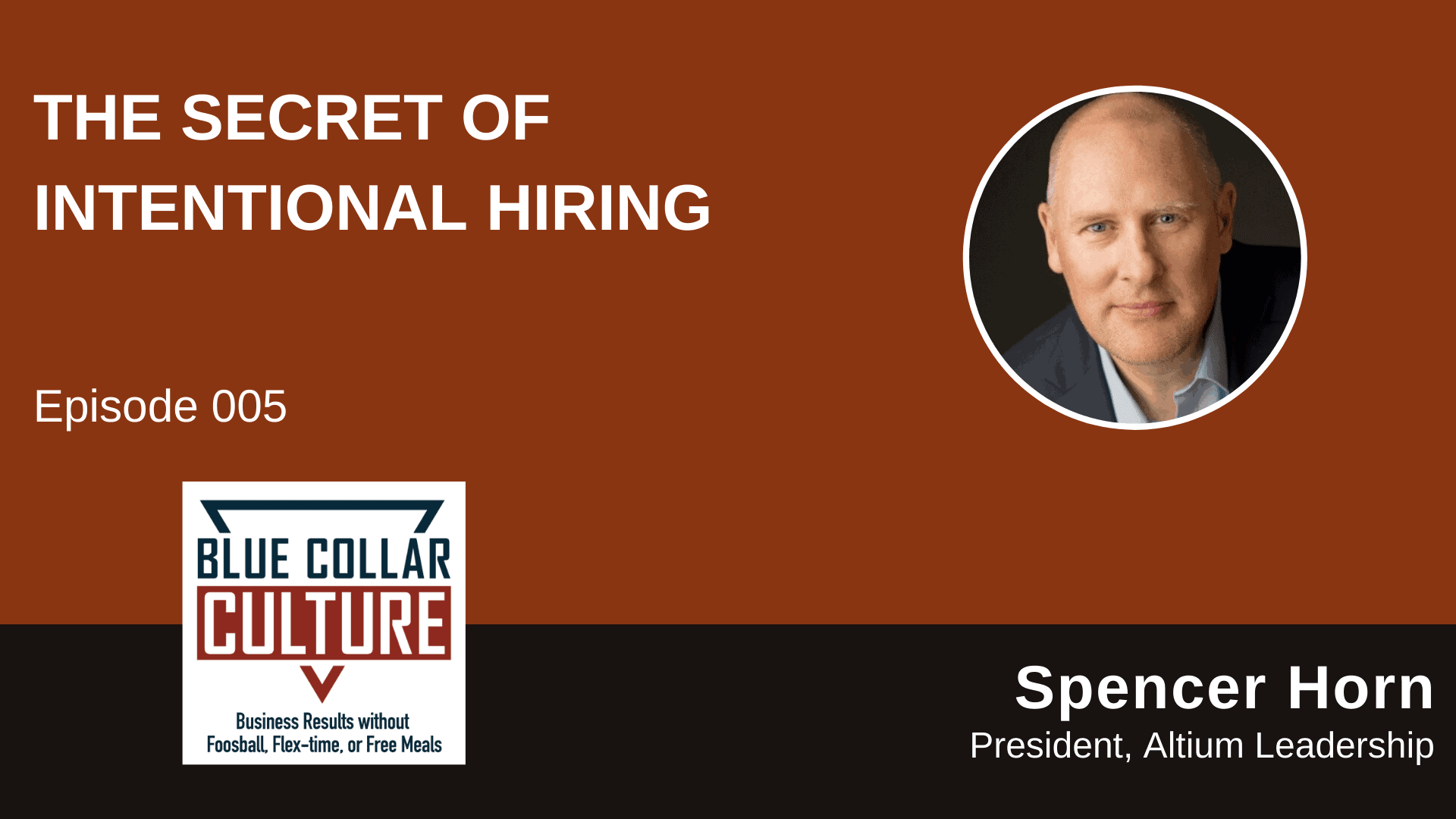When it comes to leading a team, says business consultant and executive coach Spencer Horn, you can’t just get some advice or a quick training. There are no “tricks” to managing people and processes.
Instead, you have to understand people and why they act in certain ways… and don’t act in crucial situations. It is also important to examine yourself – your personality and tendencies.
Could your own habits be stopping you from being the most effective you can be?
Spencer takes a deep dive into those topics in our chat. And we also discuss…
- How to practice “intentional hiring”
- Why money isn’t a great motivator (and what to use instead)
- The right questions to ask during job interviews
- A technique for bringing new perspectives to your decision-making
- And more
Listen now…

